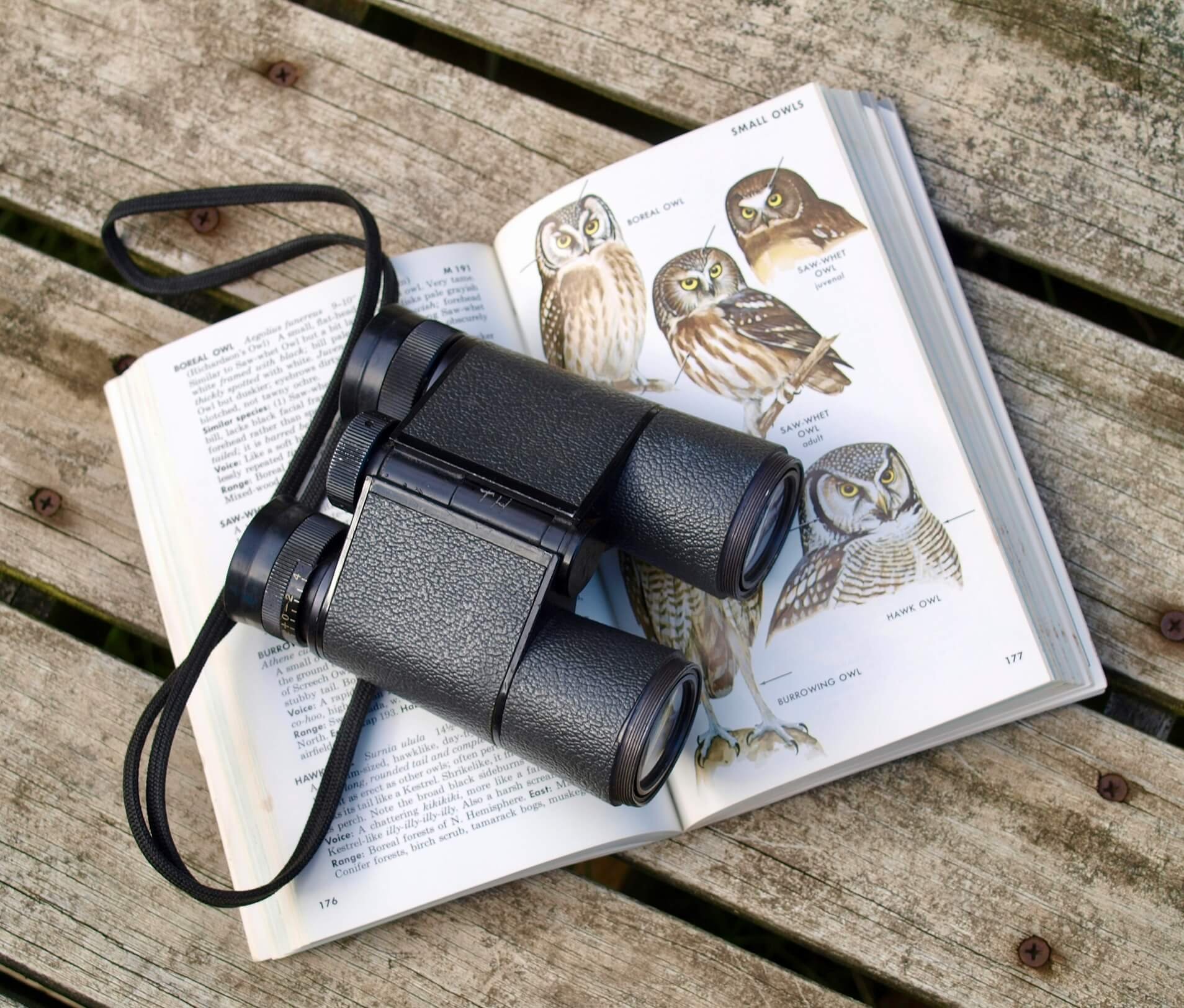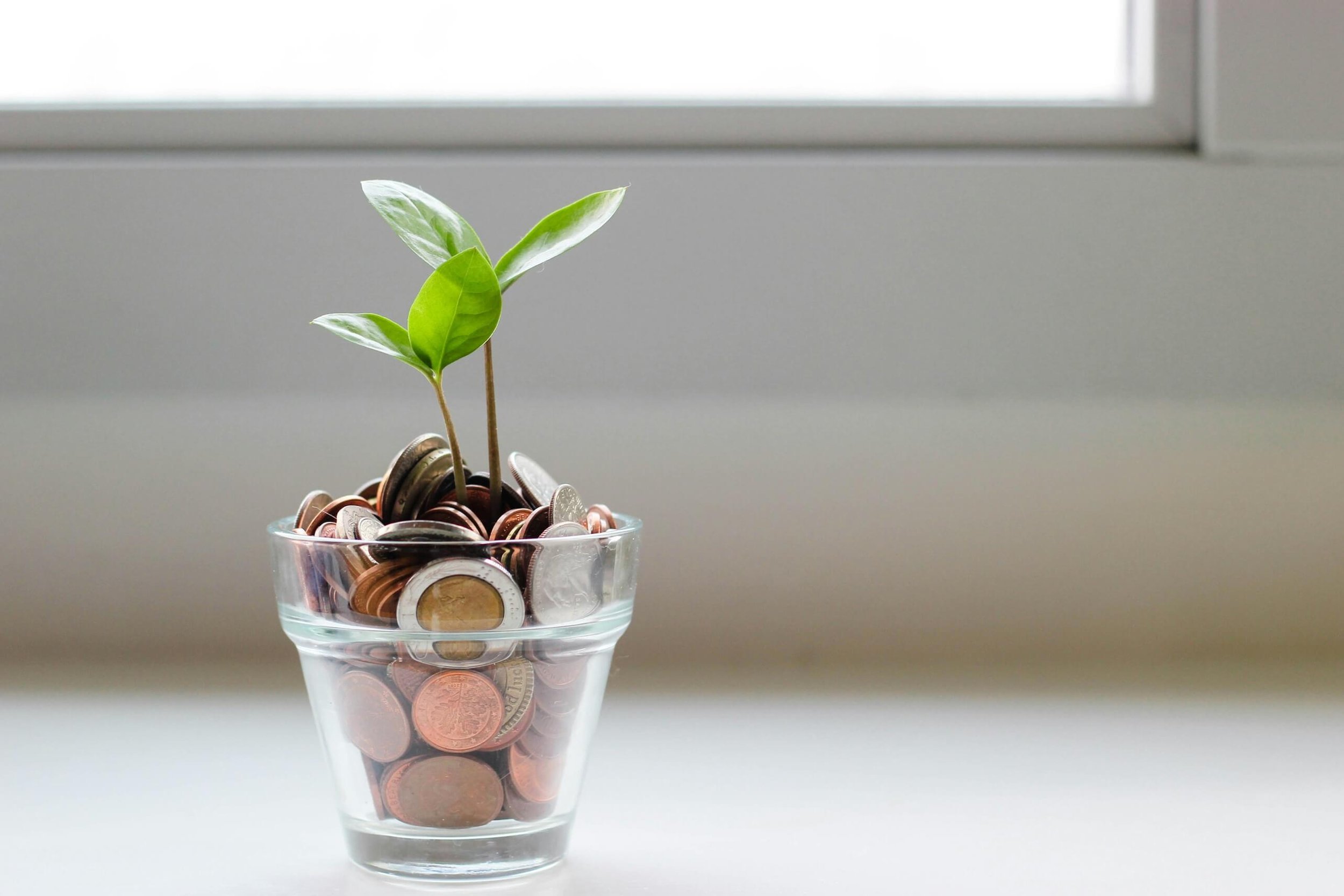How to Find Hobbies and Actually Enjoy Them
Are you tired of the endless monotony of life? Maybe each day feels the same because all you do is work, scroll, bed, rinse, repeat. You’re feeling unfulfilled and wondering if this is just how adult life is supposed to be.
You’re likely craving some novelty and missing the enjoyment you used to feel when you had more hobbies (and more time to do them). Or maybe this has become so routine, you forgot what it was like to have interests outside work and your phone.
The good news is that with some thoughtful consideration, you can find and enjoy hobbies to create a more fulfilling life. Even if you’re short on time or are already feeling the effects of burnout, follow this simple roadmap to finally feel good again.
Here are the steps to find hobbies that you actually enjoy. Let’s get started.
Table of Contents
Re-Engage with Things You Used to Enjoy
Find a Combination of Passive and Active Hobbies
Volunteer or Join Groups
Reallocate Wasted Time to Your Hobbies
Resist the Urge to Monetize
Be Willing to Suck at Your Hobbies
Re-Engage with Things You Used to Enjoy
Think back to your childhood or young adulthood and try to remember the activities that brought you enjoyment.
Even if they seem silly or childish now, put yourself back into that mindset to remember what it was like to do something purely for the enjoyment, and without judgment.
Go through a typical day or week and see what stands out. Were you the kid that was always doodling in class? Always stuck in a book? Part of a club? Or maybe you played a team sport or did something athletic.
You can then use those hobbies as a jumping point. Think about why you liked that particular activity and ask yourself:
What did it do for you?
Was it relaxing?
Did it give you a sense of mastery or community?
How did you feel afterwards?
Then you can start to explore similar types of hobbies that might do the same for you. But be willing to experience some trial and error as you try new things that you may or may not enjoy as much.
Examples:
If you enjoy making jewelry, try taking a pottery class or a fashion class to learn to sew or make garments
If you enjoy reading, try taking a photography class to create stories through pictures or learn a new language
If you enjoy playing music, you might enjoy hiking or other physical activities that move your body
Being creative will allow you to diversify your activities and potentially find hobbies you may never have considered before. And since these new activities are based on ones you’ve previously enjoyed, you’re taking less of a risk trying out something new.
Related: 10 Small Ways to Improve Your Life
Find a Combination of Passive and Active Hobbies
When I’m trying to either re-engage with or find new hobbies, I find it helpful to split them into two categories:
Passive/Consumption hobbies
Active/Creating hobbies
Finding the right balance between these two types is key to a sustainable and fulfilling routine.
If you’re struggling in any way, it might be that you’re spending too much time engaging with the same kinds of hobbies instead of diversifying what you’re doing. Thankfully, it’s an easy fix!
Passive/consumption hobby examples include: Movies, TV shows, music, reading, learning/education
Active/creating hobby examples include: Writing, making art, designing, crafts, playing music, sports
Spotting the difference is simply asking yourself, are you inputting or outputting something? If all you’re doing is consuming things as a hobby, you’re going to feel unfulfilled. If you’re spending all your time creating, you’re probably going to get burned out.
Try to find a balance between consuming and creating. This might look like enjoying your favorites movies and shows, music, and/or reading, while also practicing a skill or engaging in activities where you either create something or move your body.
If you’re feeling bored and uninspired, it might be because you’re spending too much time consuming
If you’re feeling burned out and run down, you might be trying to do too much and need to slow down
Volunteer or Join Groups
If you need a bit of social accountability to help you stay consistent, then consider volunteering or joining a group associated with your hobby.
Book clubs, hiking groups, or really any kind of group or club can not only be a great way to hold yourself accountable, but also an easy way to make new friends.
And of course volunteering has the added benefit of doing something good for your community.
If you feel a bit too socially anxious to join something, see if a friend is willing to join you (even if it’s just the first time). And if no one is available or interested, try to make space for your anxiety and remind yourself that you’ll feel better afterwards.
Anxiety is often just a signal that you’re facing uncertainty, something your brain wants to actively avoid because it’s potentially dangerous. But in this situation, the danger is simply not knowing anyone and possibly temporarily experiencing some discomfort. The presence of anxiety doesn’t necessarily mean something is wrong! It’s often just a signal that you’re facing uncertainty and discomfort.
Making space for that anxiety means you can do what matters to you, knowing that it’ll get easier each time. You’ll feel confident and courageous for going out of your comfort zone, which will in turn motivate you to keep going.
are you doing everything, but still feel behind?
Check out my brand new Burnout Recovery Guide Workbook: you’ll get practical strategies to reset your nervous system, set more effective boundaries, and finally recover from burnout. Reclaim your energy, peace, and confidence with this easy-to-implement system!
Reallocate Wasted Time to Your Hobbies
Consider how much of your day is wasted through mindless scrolling or binge watching something you’re barely paying attention to. This form of escape might feel like the easiest option when you’re stressed, but it also directly contributes to burnout.
When you’re burned out from your job, stress, or the state of the world, the urge to escape becomes hard to ignore. But that form of escapism is terrible for your mental health.
Instead, use your hobbies as a healthy form of escapism. Set aside time to engage with things that matter to you, whether you feel like it or not, by putting it in your calendar and setting alarms/reminders like you would for any other appointment.
The goal isn’t to create another pressure-filled activity, but to create consistency in your routine so you eventually become used to picking something other than scrolling.
There will be plenty of times you won’t feel like it, but it’s more than likely you’ll feel better afterwards. This is because motivation follows action: we feel motivated after we’ve done something rewarding or fulfilling, not before.
Keeping that in mind will help you make space for the urge to disconnect so you can make a choice that matters to you. You can pick an activity or hobby that’s fun, engaging, or rewarding, and do it whether you feel like it or not. You’ll then see afterwards that you feel better than you normally do after a session of mind-numbing scrolling.
Related: How to Stop Wasting Your Free Time
Resist the Urge to Monetize
While side hustles can be fun and fulfilling, hustle culture might make you feel like you’re wasting time if you do something for the pure enjoyment of it.
Like making pottery? You better sell that on Etsy. Enjoy baking? Open a home bakery. Got an eye for design? Create templates to sell. At this point, the message is if you enjoy or are good at something, you better monetize it or you’re leaving money on the table.
Of course, if you’ve found a sustainable way to monetize a hobby that keeps it fun and low pressure, then that’s awesome! Try to continue to keep it low-stakes and don’t get caught up in the message that bigger is always better.
But otherwise, you may need to simply ignore these toxic messages to continue enjoying your hobbies without the pressure. If you like to make things, consider giving them out as gifts to friends and family instead of selling them. If you like to consume (like reading), then allow yourself to just enjoy it for what it is.
See if you can focus on enjoyment of the hobby itself and accept that any pressure probably comes from a toxic culture, and not from your own value system. Keep taking the action steps and eventually that pressure will recede.
Be Willing to Suck at Your Hobbies
It’s one thing to avoid a specific type of hobby because you don’t really enjoy it or it doesn’t bring you any joy; avoiding something because you’re not very good at it is entirely different.
The only way to get better at something is to practice, which means having the willingness to feel incompetent. That willingness to feel incompetent is what helps you build competency.
Think about the first time you drove a car. You probably weren’t very good at it! But because you wanted a license, freedom, and independence,, you were willing to keep at it until you got better.
The other really important factor is that you likely didn’t have unrealistic expectations that you should immediately be proficient at driving. In fact, it was probably the opposite! You expected incompetency because you’d never done it before.
So instead of getting stuck in your feelings, you just kept at it until you were proficient enough to pass your driving test. Of course there might have been times you felt bad and didn’t feel like it, but the benefit of having a license was enough to make space for those feelings and keep doing what you needed to do.
And you didn’t suddenly decide you wanted to drive professionally or obsess over becoming the best driver in the world. You got your license and (hopefully) committed to being a competent, safe driver.
Try to apply this same method to any new hobbies or skills you’re trying to learn: make space for the shame around sucking at it, consistently practice, and don’t try to be the best at it all the time.
Related: 5 Ways to Reduce Stress Today
I hope this has given you a roadmap to find new hobbies and actually enjoying them. The key takeaways are that hobbies need to be diverse, they should be enjoyable, and you’ll need to commit to engaging in them whether you feel like it or not.
And you might find having a combination of individual and social hobbies works best so you get a good mix of solitude and community.












